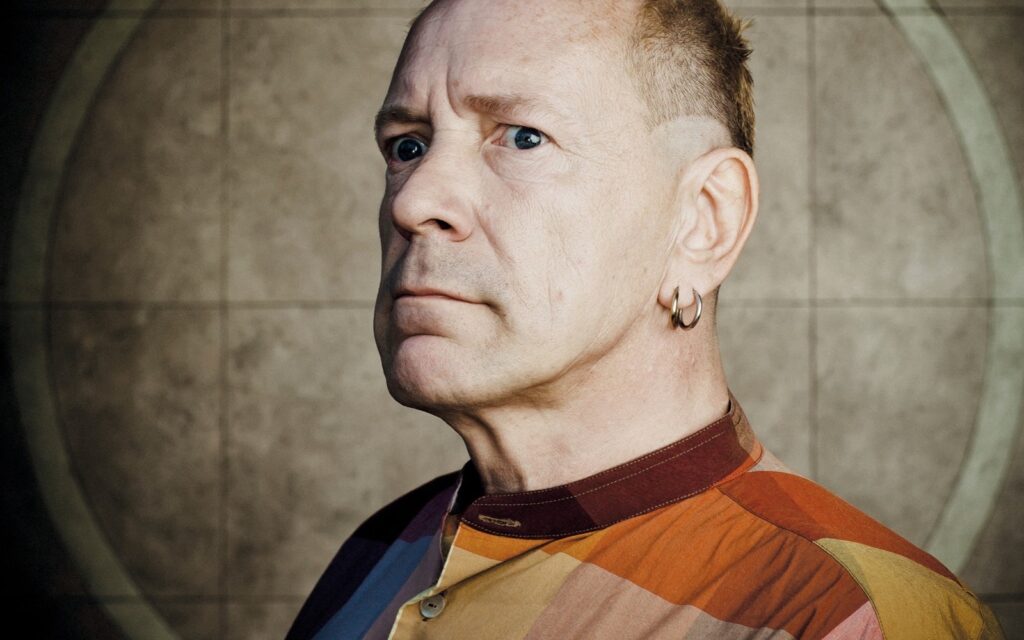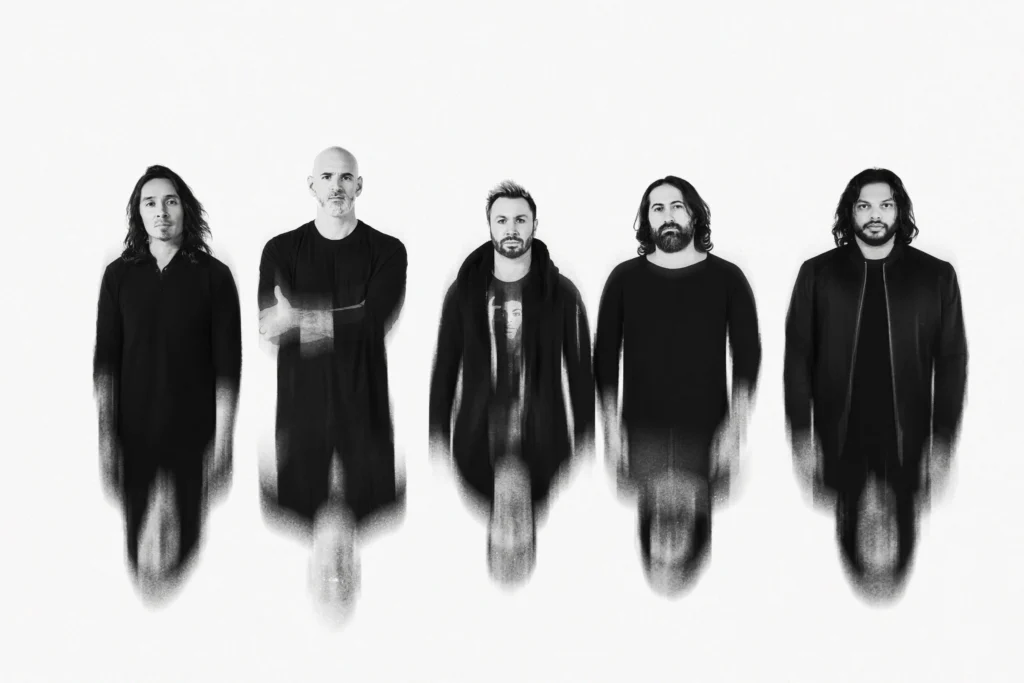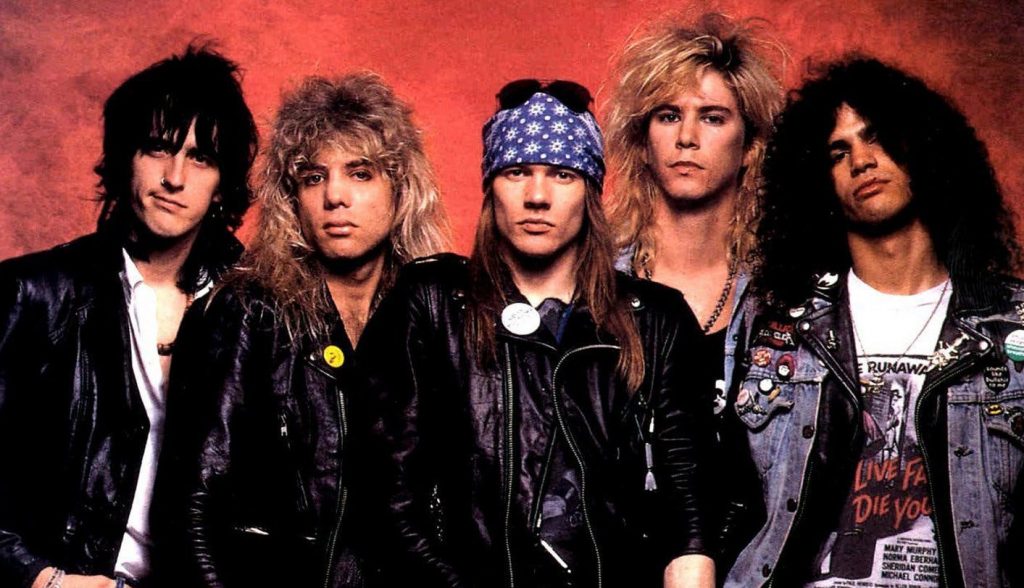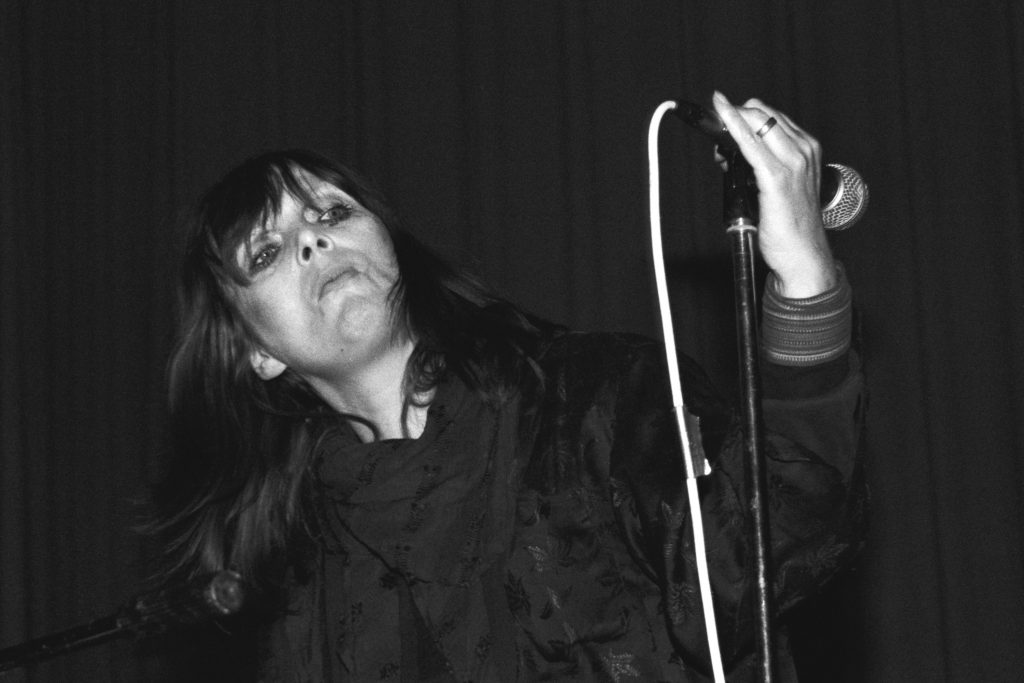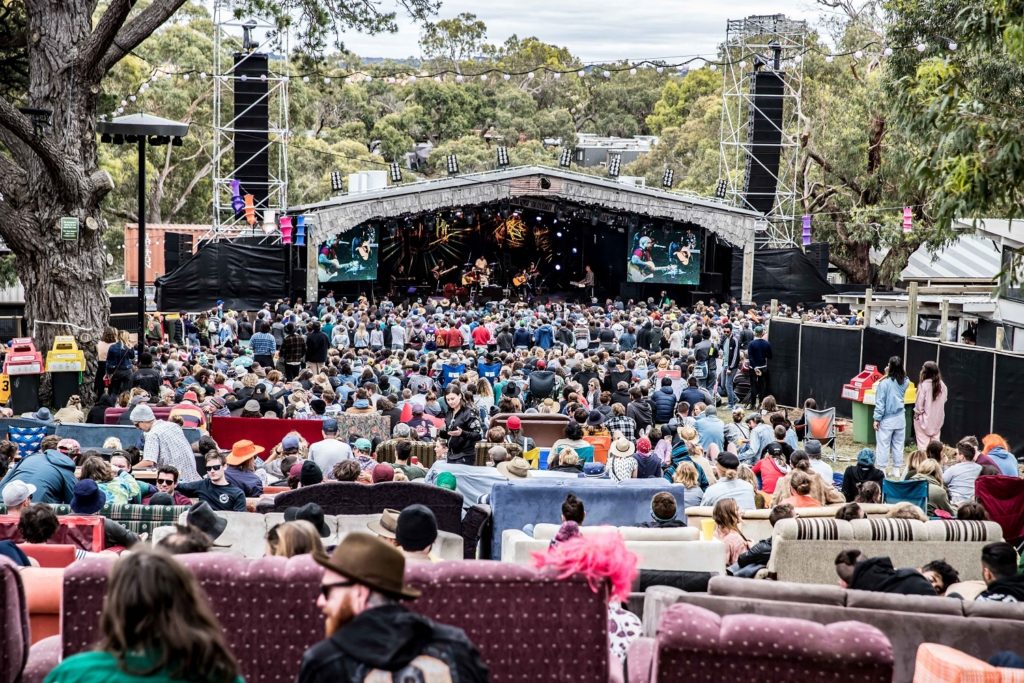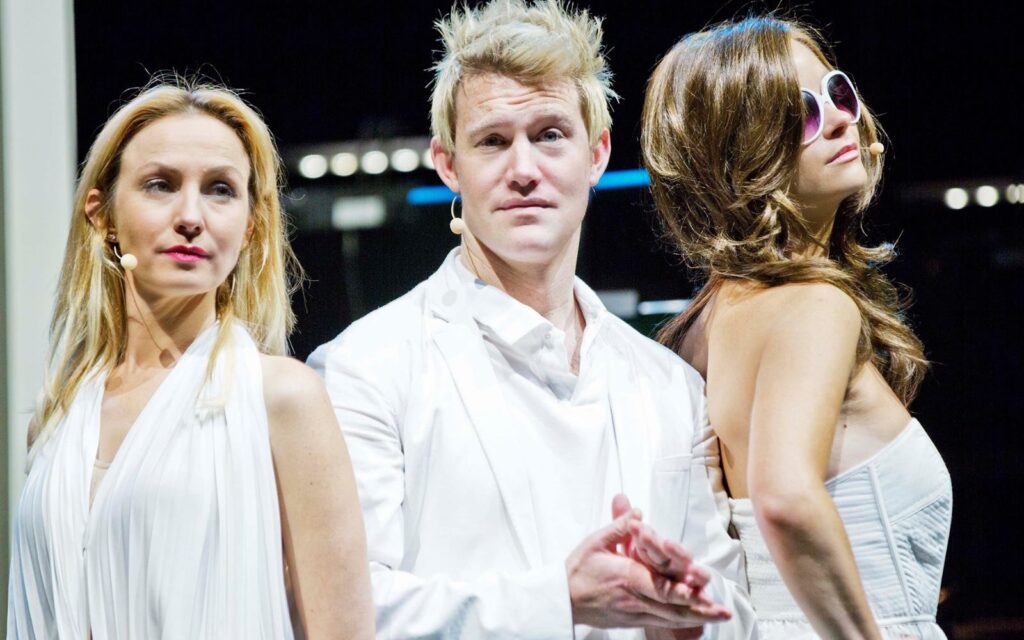Melbourne soulful pop singer Sophia Brous (better known to the public as just ‘Brous’) and Turkish artist Awaz wrote and recorded the song Come Along for the album. Sophia’s reflections upon the process indicate that her interaction with Awaz went well beyond simply playing some tunes together.
“For quite a large chunk of the time, leading up to recording, the process for me wasn’t so much working on music or even playing music together. It was just talking with him and getting him to play different Kurdish music. He took me through different folk songs and different songs of defiance and they all had this beautiful and very sad lamenting quality about them.”
In order to reach a level of understanding conducive to collaborative chemistry, both artists were required to depart from their usual mode of functioning. “You have to unsheathe your ego and the different controls you usually place over your music and just let go. We all work by languages in everything and I think it took some getting used to for both of us. Different harmonies, different scales – just stuff that we take for granted sometimes – exist between different music. I would write a part of the song where there’d be some sort of rhythmic thing change and he would say ‘no, no, no, you’ve missed a beat there.’ I’d say ‘no, no, that’s intentional.’ It was about us trusting this space and letting go of those rules that we apply to ourselves.”
The foundations of everyone’s musical thinking are contingent upon the traditions they’re familiar with. To organically unite their abilities Sophia and Awaz adopted an intuitive approach. “I felt like the best way for us to try to connect would be through very open, explorative playing together. I was very mindful of not wanting to just transpose a song onto him or just put my stamp onto him. I wanted to let whatever this thing that could be between the two of us develop itself, which was challenging at times.”
The challenges that the project posed for Sophia and Awaz ultimately led them both into new musical territory. “He sings on the track and that’s the first time he’s ever sung in Kurdish. In fact it’s the first time he’s ever sung in a recording. I really insisted that he sang on it because I didn’t want it just to be me, I wanted it to be both of our voices, and he’s got a beautiful voice.”
Awaz was initially reluctant to sing, which Sophia explains as an outcome of the oppressive governance in his homeland that had hitherto prohibited him from fully expressing himself. “In Turkey the Kurdish minority aren’t really allowed to practice their culture and they can be the subject of a lot of really terrible treatment and prejudice. So it wouldn’t have been safe for him to do that over there. That just highlights what an amazing project this can be,” she says.
Brous and Awaz certainly succeeded in the studio but performing the song live, and putting together a whole set, leaves a lot open to chance. With the concert performance they’ll further explore their collaborative relationship and will be joined by some noteworthy musicians, who appear on the recording of Come Along.“We’ll be bringing that ensemble together; Mick Harvey (The Bad Seeds, PJ Harvey) and Shags Chamberlain (Lost Animal, Pikelet), and a few other people I play with, and we’ll do that song and then we’ll do some music of mine and some music of Awaz’s. It will be really fun.”
Sophia agrees that, in addition to highlighting the vast talents and rich musical heritage of the migrant musicians, The Key of Sea Concert is a rare opportunity to witness well established artists in a new domain. “I imagine it’s going to be a really interesting night because you’re going to see people playing the music that they developed together and then playing their own music, but with those people. We’re so used to seeing people who have put things out – you’re so used to hearing them do their thing. It doesn’t happen enough you get to see people in more of a disarmed light. I mean, every show is disarming in its own way but this is on a musical ground that is different and is shared with someone else.”
BY AUGUSTUS WELBY


